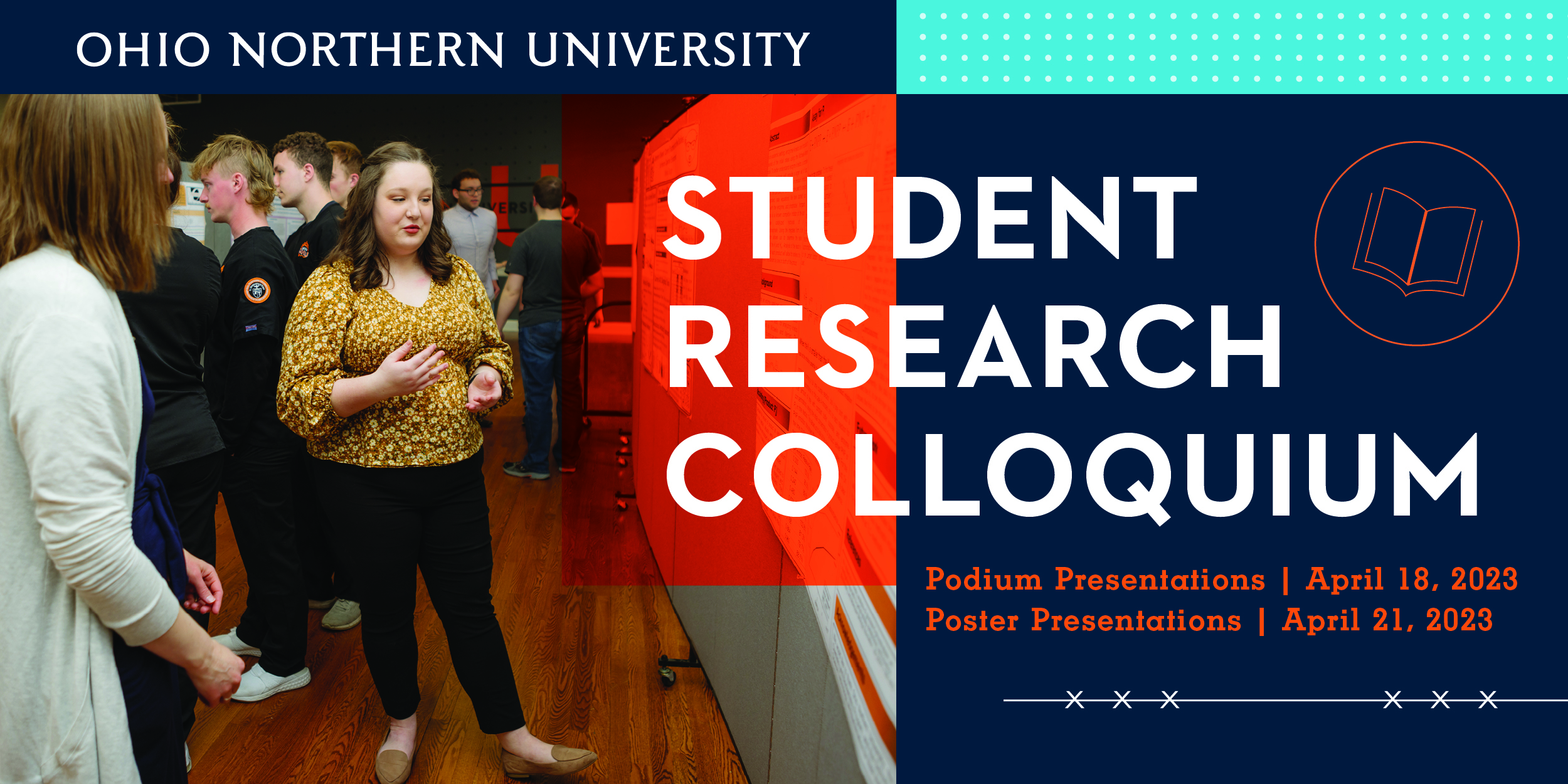Effects of Mindfulness-Based Stress Reduction on Anxiety in Cancer Patients
Confirmation
1
Document Type
Poster
Location
ONU McIntosh Center; McIntosh Activities Room
Start Date
21-4-2023 11:00 AM
End Date
21-4-2023 11:50 AM
Abstract
Abstract
Problem: About 60% of cancer patients struggle with anxiety after their cancer diagnosis. People who have a cancer diagnosis have extensive and difficult treatment plans they must follow while dealing with outside factors like family, work, and life in general. This adds to anxiety. Mindfulness-based stress reduction (MBSR) therapy may be a strategy to help reduce anxiety for cancer patients.
Purpose: The purpose of this project is to determine the effectiveness of MBSR therapy on anxiety in cancer patients.
Methods: This study will use a quasi-experimental design. Cancer patients who volunteer to participate in MBSR therapy will be included in this study. Participants’ anxiety will be measured using the Hamilton Anxiety Rating Scale (HAM-A) prior to completing MBSR therapy. Participants’ baseline anxiety will be compared to anxiety immediately following MBSR training and 6-months later.
Conclusion: As cancer rates continue to increase along with extensive treatment plans, there is a need to address anxiety and stress reduction techniques among cancer patients. MBSR therapy may improve anxiety within the cancer population and this study could help show that MBSR therapy can improve the mental stability of cancer patients by providing them with the coping techniques needed to help them with their anxiety.
Recommended Citation
Cartwright, Riley E., "Effects of Mindfulness-Based Stress Reduction on Anxiety in Cancer Patients" (2023). ONU Student Research Colloquium. 7.
https://digitalcommons.onu.edu/student_research_colloquium/2023/posters/7
Restricted
Available to ONU community via local IP address and ONU login.
Effects of Mindfulness-Based Stress Reduction on Anxiety in Cancer Patients
ONU McIntosh Center; McIntosh Activities Room
Abstract
Problem: About 60% of cancer patients struggle with anxiety after their cancer diagnosis. People who have a cancer diagnosis have extensive and difficult treatment plans they must follow while dealing with outside factors like family, work, and life in general. This adds to anxiety. Mindfulness-based stress reduction (MBSR) therapy may be a strategy to help reduce anxiety for cancer patients.
Purpose: The purpose of this project is to determine the effectiveness of MBSR therapy on anxiety in cancer patients.
Methods: This study will use a quasi-experimental design. Cancer patients who volunteer to participate in MBSR therapy will be included in this study. Participants’ anxiety will be measured using the Hamilton Anxiety Rating Scale (HAM-A) prior to completing MBSR therapy. Participants’ baseline anxiety will be compared to anxiety immediately following MBSR training and 6-months later.
Conclusion: As cancer rates continue to increase along with extensive treatment plans, there is a need to address anxiety and stress reduction techniques among cancer patients. MBSR therapy may improve anxiety within the cancer population and this study could help show that MBSR therapy can improve the mental stability of cancer patients by providing them with the coping techniques needed to help them with their anxiety.

